Disk encryption easily defeated, research shows
Princeton university has shown that common laptop disk encryption products for Microsoft, Apple Mac and Linux operating systems can be easily overcome.


Researchers at Princeton University's Centre for Information Technology Policy have published results of research that shows Vista, Mac OX and Linux disk encryption products can be easily defeated.
With so much attention focused on securing data stored on mobile devices including laptops, the research revealed yesterday that these common disk encryption products could be cracked by 'cold boot' attacks could cause concern among IT organisations.
The research demonstrates how to steal the hard drive encryption key used by Windows Vista's BitLocker, Apple's FileVault or Linux's dm-crypt and how, with that key, hackers could get access to all of the data stored on an encrypted hard drive.
The method takes advantage of the physical properties of the computer's memory chips or dynamic random access memory (DRAM). The researchers have found residual data can linger for minutes in the DRAM as the computer shuts down or is in hibernation mode.
Alex Halderman, a Princeton graduate student who worked on the research paper, wrote in his blog: "Our results show that an attacker can cut power to the computer, then power it back up and boot a malicious operating system (from, say, a thumb drive) that copies the contents of memory."
Once copied, the attacker can search through the captured memory contents, find any cryptographic keys it may store, using them to unlock and decrypt the hard disk contents.
"We show very effective methods for finding and extracting keys from memory, even if the contents of memory have faded somewhat (i.e., even if some bits of memory were flipped during the power-off interval)," he said. "If the attacker is worried that memory will fade too quickly, he can chill the DRAM chips before cutting power."
Get the ITPro daily newsletter
Sign up today and you will receive a free copy of our Future Focus 2025 report - the leading guidance on AI, cybersecurity and other IT challenges as per 700+ senior executives
He added that even those systems that wipe the memory when they boot up could be vulnerable using the cooling method, where chips are frozen to -50 degrees Celsius, giving the researchers time to install the memory in another PC that would boot without wiping out the data.
The research team was led by Princeton University, with researchers from the digital rights, Electronic Frontier Foundation and device software optimisation vendor, Wind River Systems.
Although Microsoft, Apple and some commercial Linux vendors had not responded to requests for comment at the time of writing, Symantec's chief scientist Guy Bunker told IT PRO the findings demonstrate the growing complexity of systems and devices.
"The first thing to observe is that encryption technology from ten years can almost now be broken with a Casio watch. It's a war out there and hackers realise, that with enough motivation to break technologies, the gains are worth the effort," he said.
"But the great thing about software today is that we can issue patches for these things that would, for instance, overwrite the memory on shutdown so the hacker could then look at residual memory to his heart's content."
A 25-year veteran enterprise technology expert, Miya Knights applies her deep understanding of technology gained through her journalism career to both her role as a consultant and as director at Retail Technology Magazine, which she helped shape over the past 17 years. Miya was educated at Oxford University, earning a master’s degree in English.
Her role as a journalist has seen her write for many of the leading technology publishers in the UK such as ITPro, TechWeekEurope, CIO UK, Computer Weekly, and also a number of national newspapers including The Times, Independent, and Financial Times.
-
 Bigger salaries, more burnout: Is the CISO role in crisis?
Bigger salaries, more burnout: Is the CISO role in crisis?In-depth CISOs are more stressed than ever before – but why is this and what can be done?
By Kate O'Flaherty Published
-
 Cheap cyber crime kits can be bought on the dark web for less than $25
Cheap cyber crime kits can be bought on the dark web for less than $25News Research from NordVPN shows phishing kits are now widely available on the dark web and via messaging apps like Telegram, and are often selling for less than $25.
By Emma Woollacott Published
-
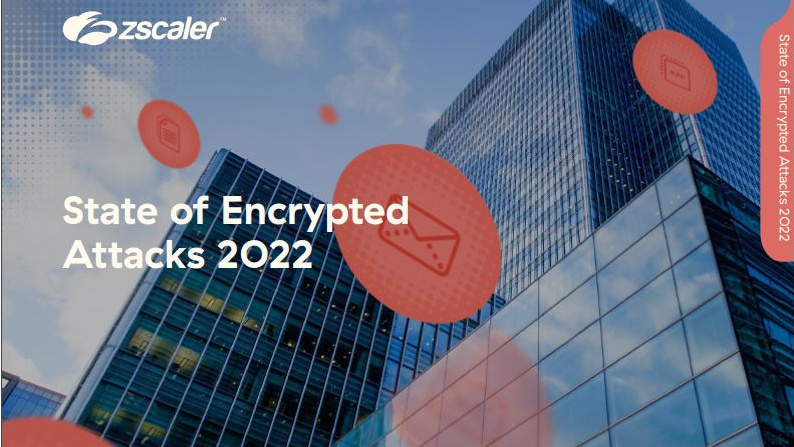 ThreatLabz Report: The state of encrypted attacks
ThreatLabz Report: The state of encrypted attacksWhitepaper What's hiding in your web traffic?
By ITPro Published
-
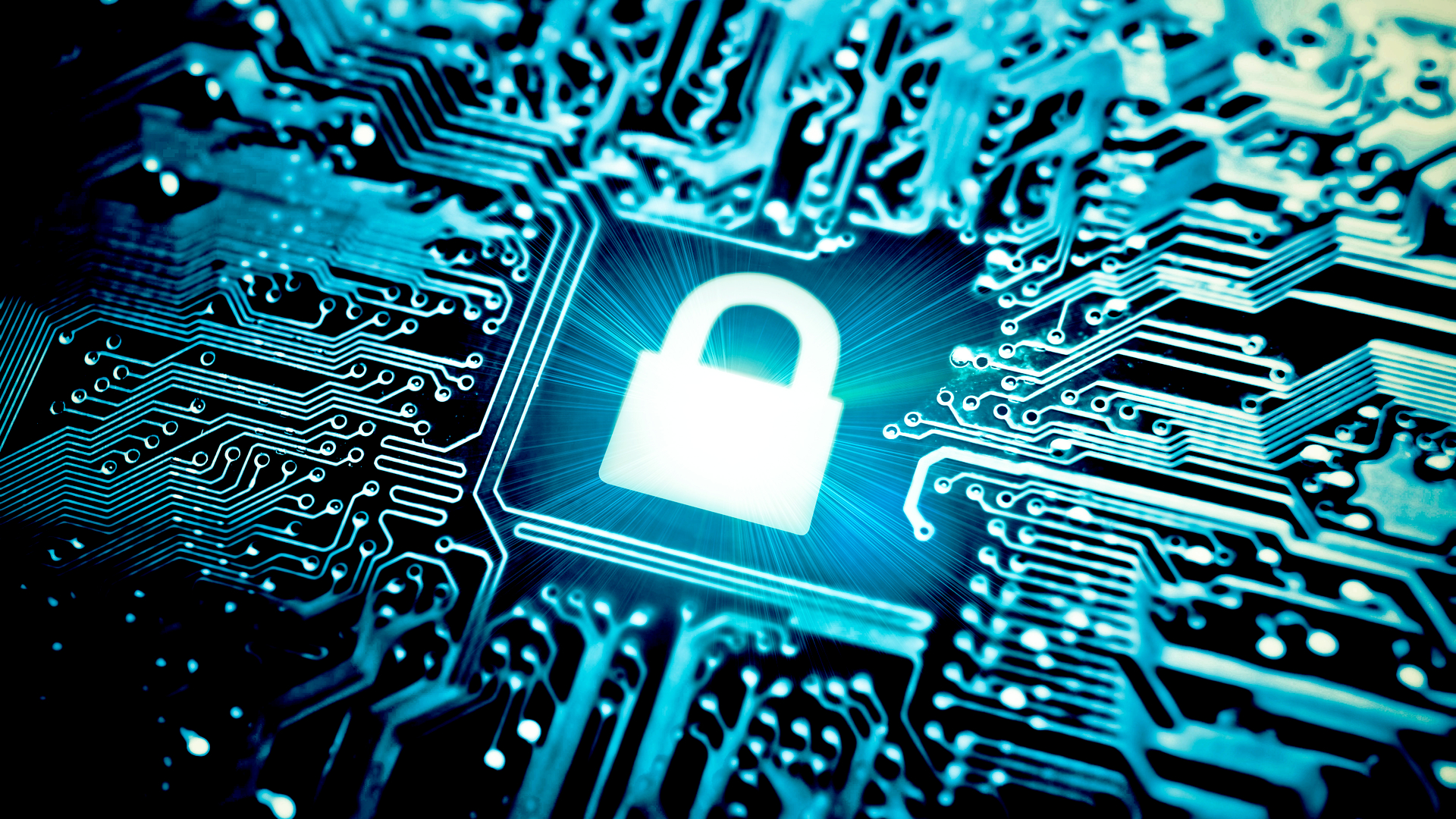 How to encrypt files and folders in Windows 10
How to encrypt files and folders in Windows 10Tutorials Here’s how to make your sensitive data unreadable to prying eyes
By Dale Walker Last updated
-
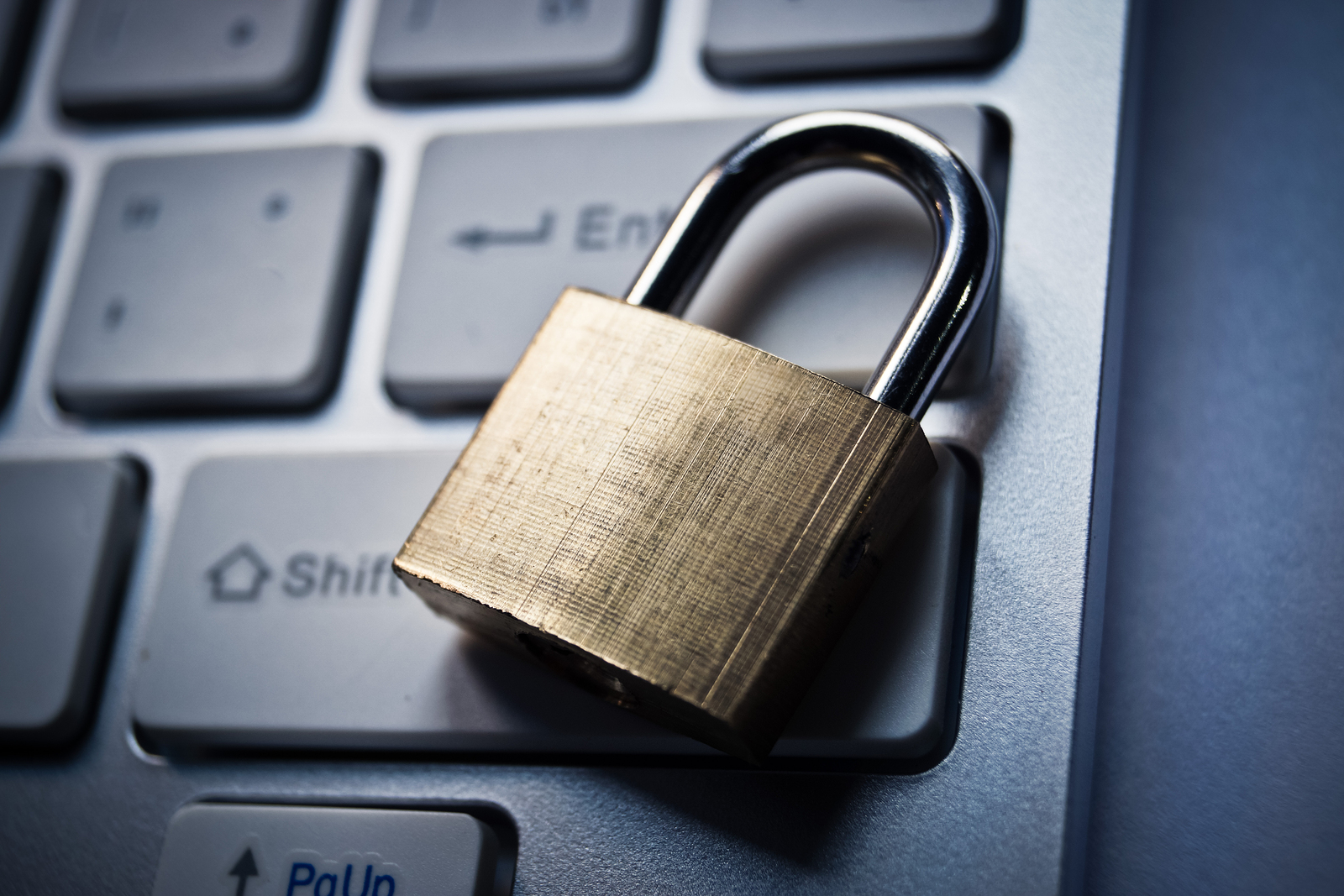 The government needs to abandon its war on WhatsApp
The government needs to abandon its war on WhatsAppOpinion Encryption might seem like an easy target, but mess with it at your peril
By Adam Shepherd Published
-
 Watch: Now this is how you securely erase data
Watch: Now this is how you securely erase dataIn-depth Delete your data properly - by smashing your laptop to pieces
By Adam Shepherd Published
-
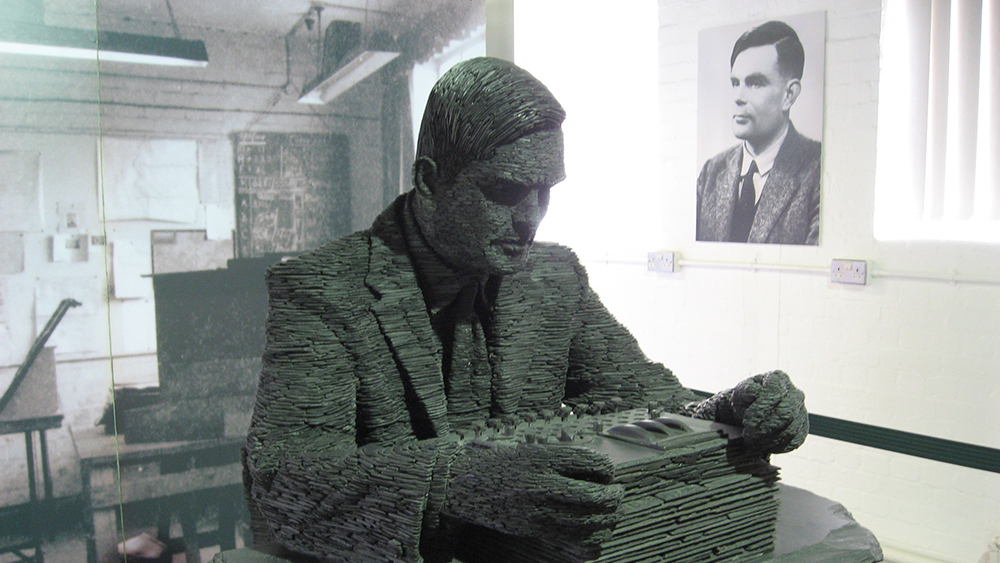 Alan Turing's computer-generated music gets restored after 65 years
Alan Turing's computer-generated music gets restored after 65 yearsNews Decades later, you can now hear the true sound of Turing's computer
By Lee Bell Published
-
 Two laptops are lost on the tube every day, says TfL
Two laptops are lost on the tube every day, says TfLNews Number of lost devices has shot up by almost 80 per cent since 2010
By Adam Shepherd Published
-
 Social networks should report suspicious users, says spy boss
Social networks should report suspicious users, says spy bossNews MI5 director general calls for updated surveillance powers
By Rene Millman Published
-
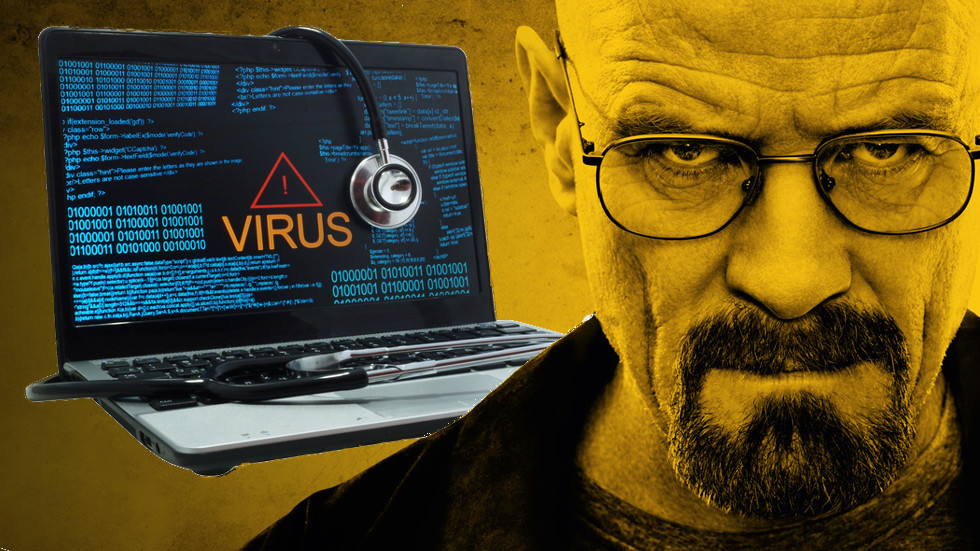 Symantec finds Breaking Bad-themed ransomware
Symantec finds Breaking Bad-themed ransomwareNews Better call Saul, because these hackers may have encrypted your data
By Adam Shepherd Published